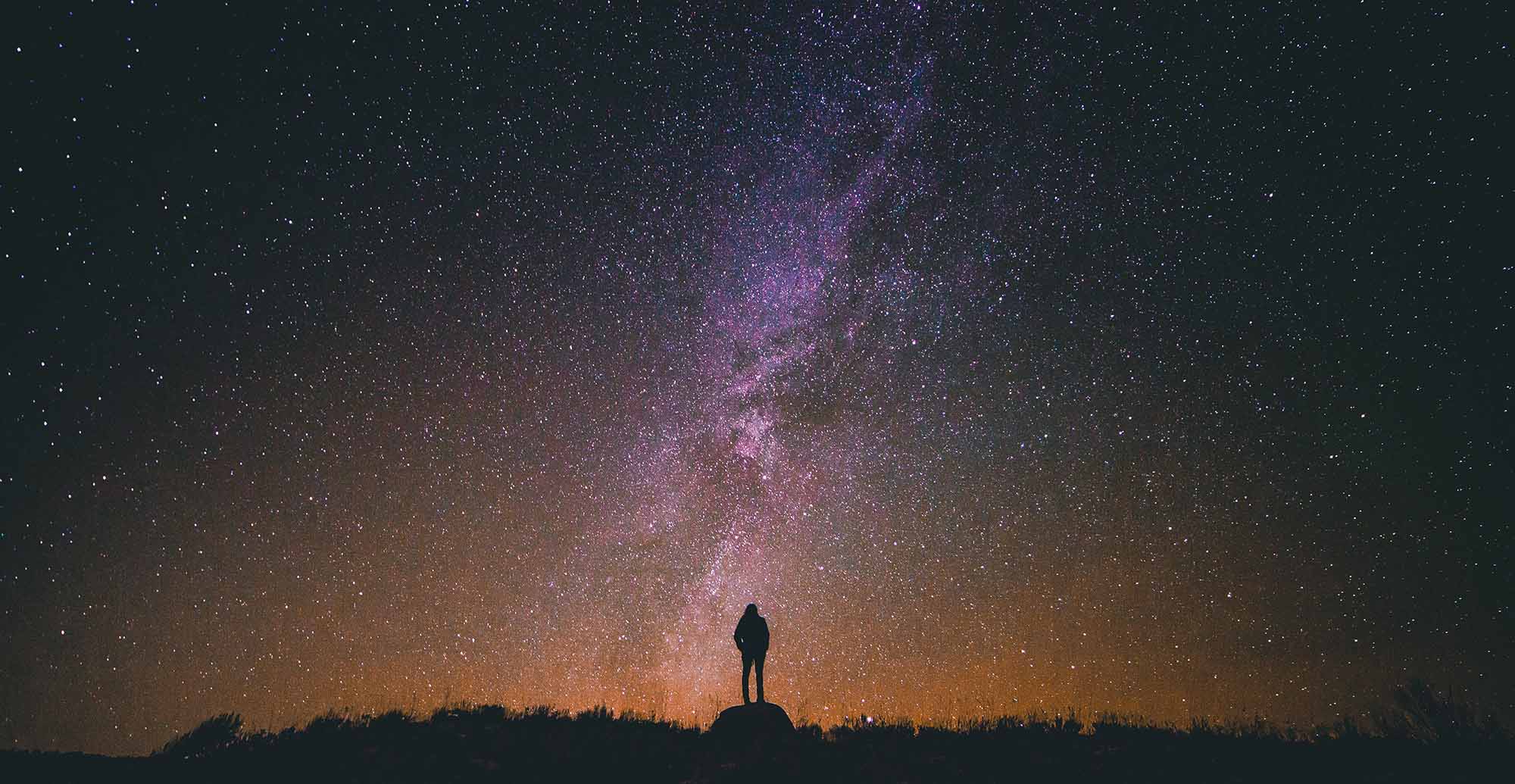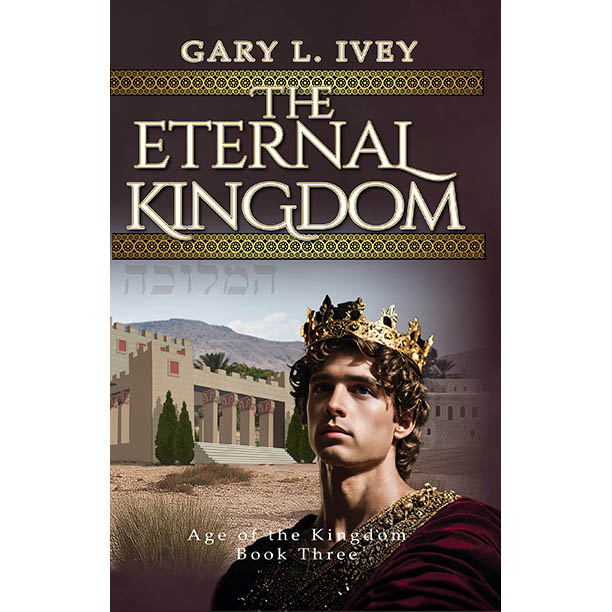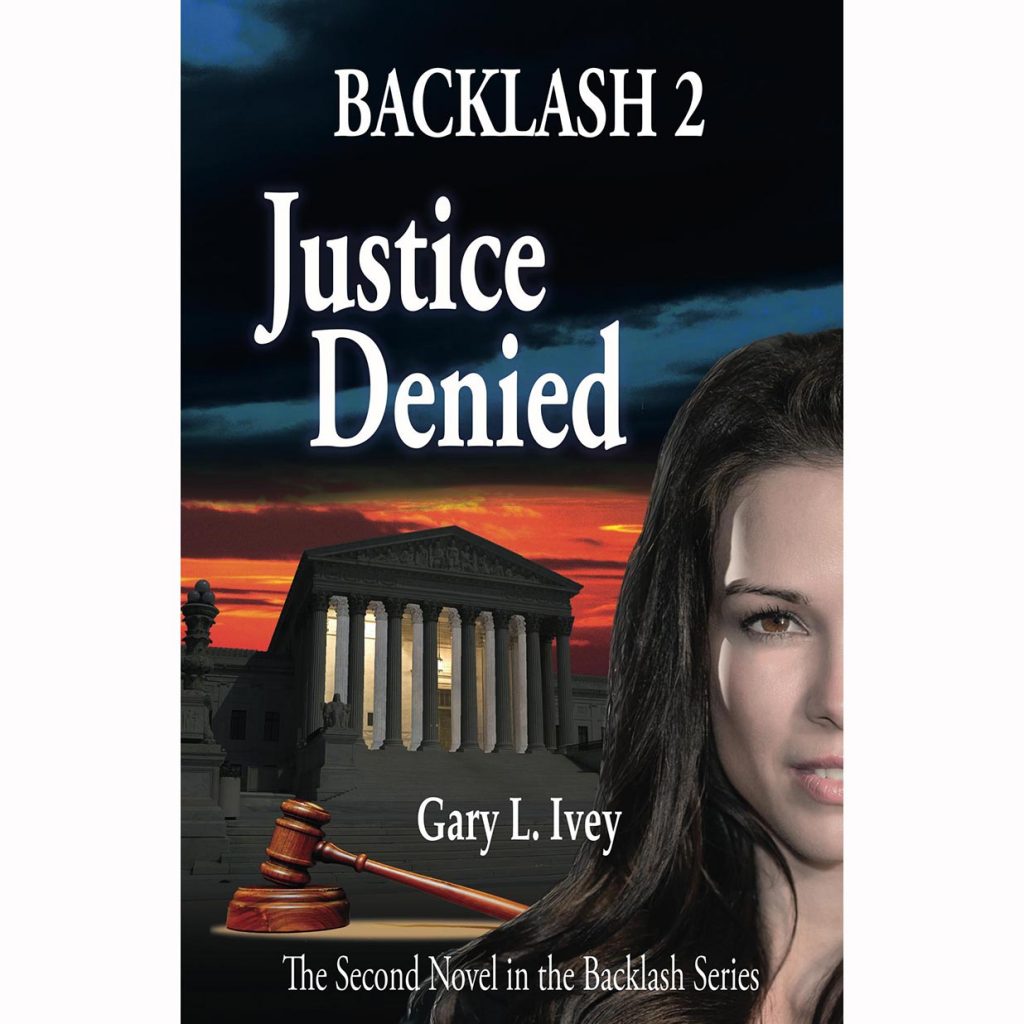There are a lot of things Christians disagree about; hence the hundreds of different denominations. But there is one topic that may not even be on a lot of Christians’ radar. I’m talking about the “Big Bang Theory” (no, not the TV show, the scientific theory).
If they have thought about the Big Bang at all, a lot of Christians may simply reject it out of hand, because they think it contradicts the biblical record of Creation in Genesis 1 and 2, but there are some very good reasons why Christians should embrace the Big Bang. The primary reason some Christians would reject the Big Bang is that they have been taught that Creation occurred 6,000-to-10,000 years ago during six days of one earth week, whereas the Big Bang proposes that the matter that makes up the universe, as well as the natural laws which govern it, all came into being in one blinding flash of light about 14 billion years ago.
I’m in the process of writing a nonfiction book titled “Collision or Convergence: Surprising Ways Science and Faith Now Confirm One Another.” As I research and write the book, I have realized that the naturalistic/atheistic/evolutionist viewpoint of the scientific community and popular culture has much to fear from the Big Bang Theory. The scientific community was slow to accept it because, until it was proposed, it was assumed that the universe had always existed and was of infinite size, but if there was a Big Bang which began everything, what caused it to “bang”?
1. The “First Cause”
That’s the first reason Christians should pay attention to the Big Bang: it comes from Science, but creates a real headache for the scientific community. Namely, if the universe began, what/who caused it to begin? Christians are very familiar with the words of Genesis 1:1: “In the beginning God created….” Science has disagreed with, not just “God,” but “the beginning,” until the Big Bang Theory forced them to admit that the universe did have a beginning. It is a serious problem, because if nothing existed, what would cause anything to begin to exist? And if the universe began to exist, why is it governed by such fine-tuned laws of nature? If nothing existed, why would anything change and if it did change, why would it be so precisely ordered as the universe we see around us?
2. There’s Not Enough Time
The second reason Christians should pay attention to the Big Bang relates to the timing. Christians who are accustomed to thinking of the earth as less than 10,000 years old think 14 billion years is a LONG time, but according to the Big Bang Theory, most of that time was devoted to forming the stars and planets. Scientists believe the first single-cell life appeared only 3.5 billion years ago. When you consider what Science teaches about the evolution of life, 3.5 billion years is not nearly enough time for natural selection to go down countless blind alleys until it finds the right conditions to build the first living cell, then continue on until it reaches sentient human beings. That’s not even considering the insurmountable problem of getting life going in a non-biotic environment in the first place.
When Darwin wrote “On the Origin of Species,” he believed there was an infinite amount of time for evolution to work. But he knew nothing about the incredible complexity of the physiology of the cell, with it’s chemical coding and complex protein factories. He also knew nothing about Genetics and the structural roadblocks it throws up in front of the scenario of evolution from one type of organism to another.
In short, there is not enough time for even what Darwin understood to happen through unguided evolution, but even more so with what we understand about the marvelous complexity of life, DNA, etc. For this reason, The Big Bang Theory may yet sound the death knell of the Theory of Evolution because it severely limits the amount of time available. And the same question can be asked about the appearance of the first cell that we asked about the beginning of the universe: if there was nothing, what would cause something to begin? If there was no biotic material, what would cause the first life to form?
3. It Points Us to God
The third reason concerns the Big Bang as proof of the existence of God as he is depicted in the Bible. Unlike the other ancient religions of mankind, Genesis does not picture God as being part of creation, rather he existed before “the beginning” and He is outside of space, time, matter and energy. He is depicted as being independent of His creation. The “beginning” required by the Big Bang means that God existed apart from the universe before the Big Bang and caused it to happen. Not only that, but he was powerful enough to cause it and to imbue the universe with the perfectly balanced natural laws that would allow the universe to function and that would support life on earth.
So the Big Bang provides a formidable proof of the existence of God; a God that looks a lot like the God described in the Bible.
The obstacle for many Christians concerning the Big Bang relates to biblical interpretation. Genesis 1 does indeed say God had six days in a creation week, but it takes just a small adjustment in the way we understand the first two verses of the Bible to allow for the Big Bang.
The Big Bang is all about how the non-biotic universe, space, time, energy and matter came to be. The six days of Creation in Genesis are all about getting the earth ready for life, especially humankind, but where does Genesis describe the creation of the earth itself? On which day of creation is the earth created? In verse two of Genesis 1, the earth is already there, an empty and chaotic wilderness of never-ending ocean, with the Spirit of God hovering above the waters.
If we see verse one (“In the beginning God created the heavens and the earth”) as referring to the creation of all non-living parts of the universe (the stars and planets), it fits nicely between the Big Bang and the appearance of the first life. Then verse two is God focusing on THE planet He has chosen to host living organisms, we can then see God in action through the six days of Creation with everything leading to the ultimate creation of humankind.
Here I have no space to deal with the many arguments for and against considering the six days of creation to be literal, 24-hour days as opposed to epochs of time. That’s really neither here nor there. The important thing is that the Big Bang Theory is possibly the best thing to come out of Science to prove the existence of God as Creator and we as Christians do well to pay attention.
(image from pexels.com)







